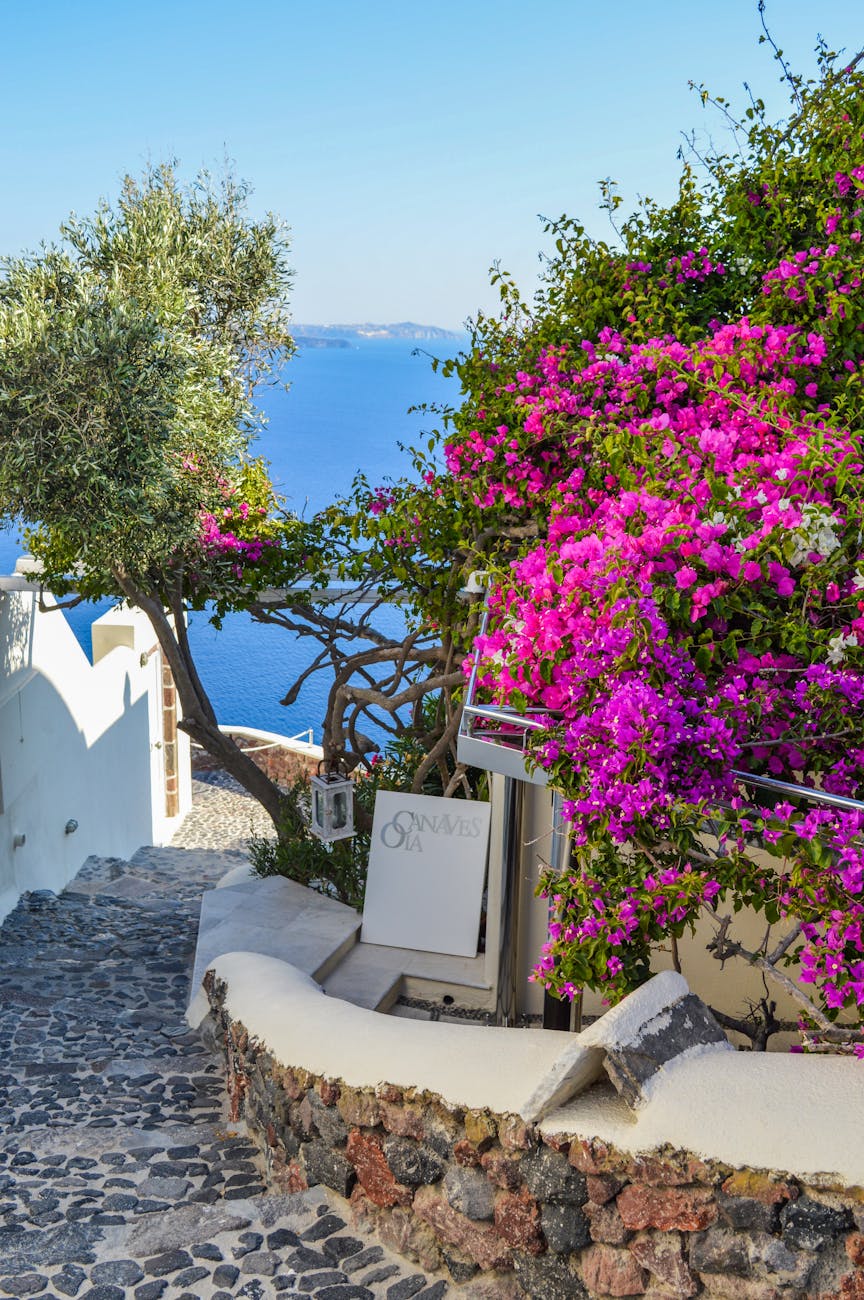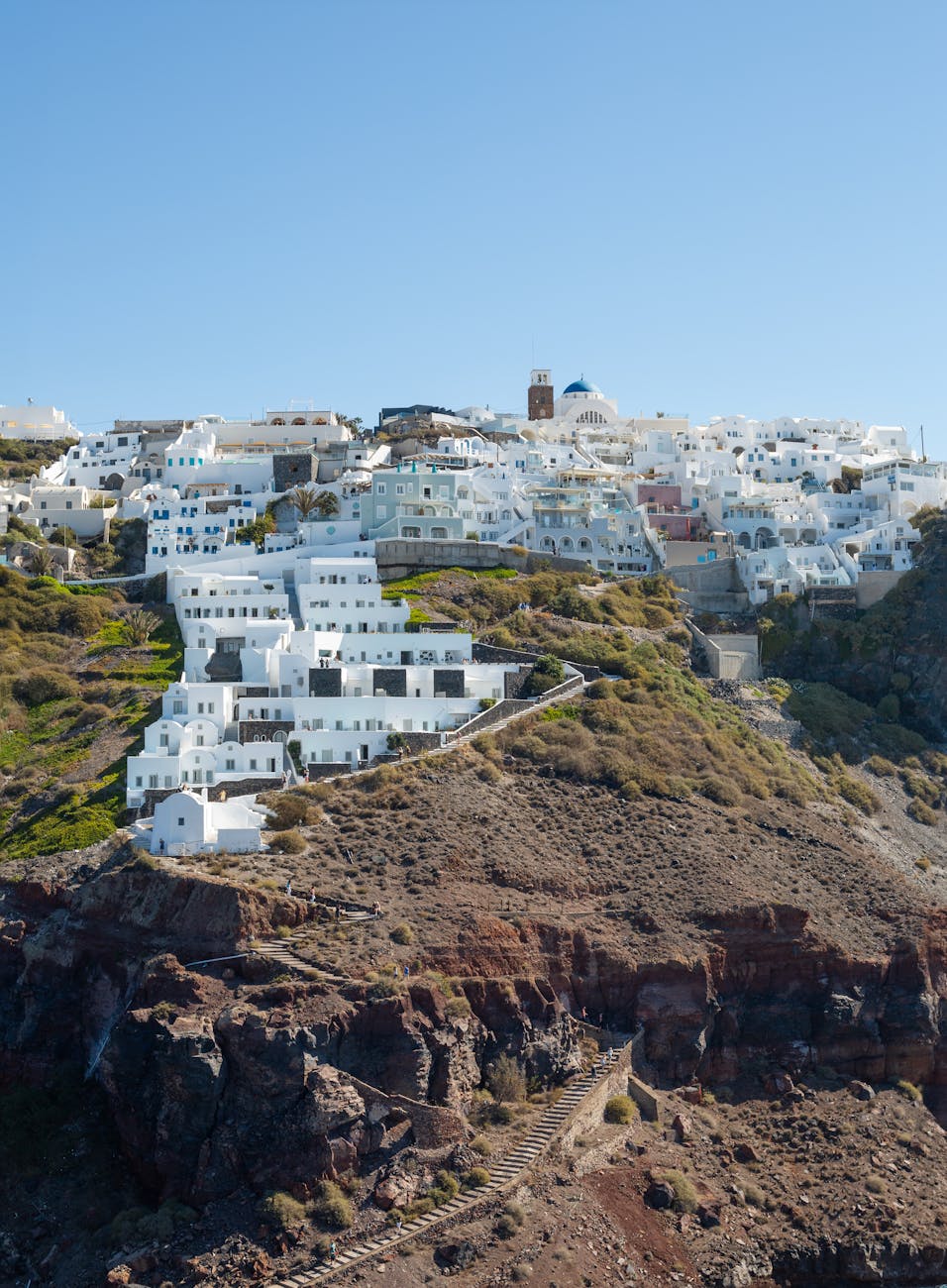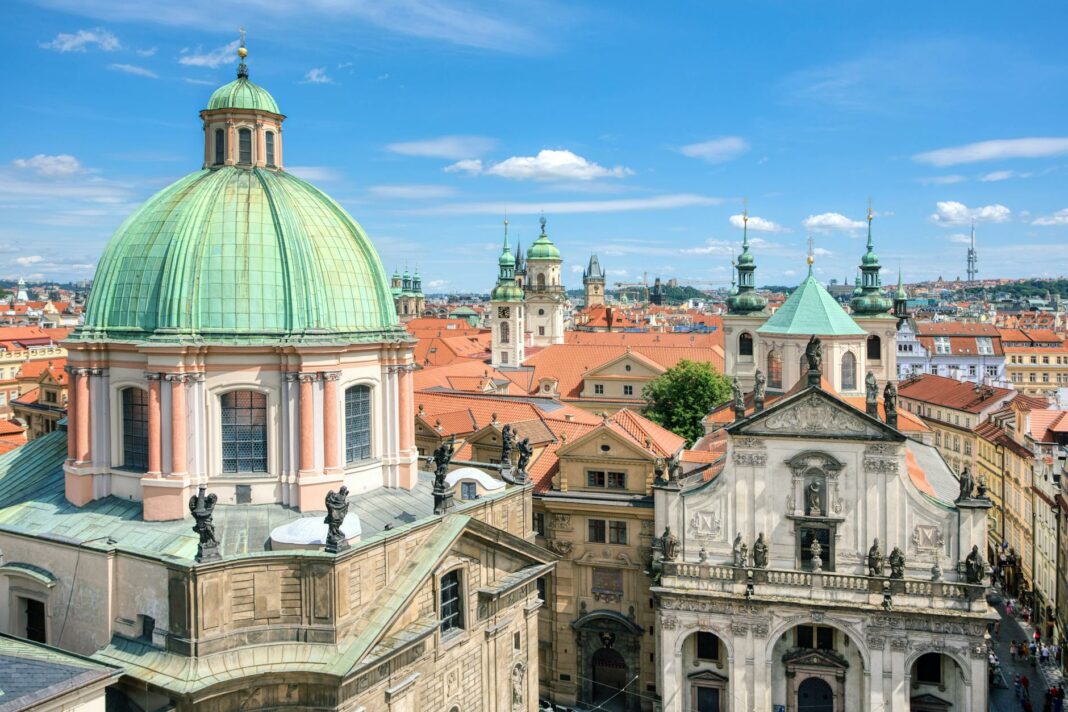Table of Contents
- Introduction
- The Council of Nicaea: A Defining Moment
- D-Day: The Turning Point of World War II
- Pearl Harbor: The Spark that Ignited a Nation
- The Fall of the Berlin Wall: A New Era
- Rethinking Our Perspective
- FAQs
Introduction
Imagine a single location that not only served as a vacation hotspot but also irrevocably transformed the course of history. Various holiday destinations throughout time have played pivotal roles in global events, weaving together narratives of conflict, unity, and change. From conferences that shaped nations to battles that shifted power, these places have become symbols of human endeavor and resilience.
In this blog post, we’ll journey through remarkable landmarks that changed the trajectory of the world. We’ll delve into how these sites became more than just tourist attractions; they evolved into crucial arenas for decisions that influenced countless lives. Buckle up as we explore the enchanting interplay between leisure and global history.
The Council of Nicaea: A Defining Moment
Nestled in modern-day Turkey, Nicaea was the chosen location for the First Council of Nicaea in 325 AD. Here, bishops from various Christian denominations convened, with the goal of resolving the contentious Arian controversy regarding the nature of Christ and establishing a single, unified Christian doctrine. This gathering fundamentally shaped the religious landscape of Europe and, by extension, the world.
The significance of this council cannot be overstated. One outcome was the Nicene Creed, a statement of faith that continues to underpin much of Christian theology today. The very act of congregating and debating diverse viewpoints laid the groundwork for ecumenical councils that followed, further embedding principles that govern Christianity. As a holiday destination, Nicaea draws pilgrims who seek to understand this rich tapestry of faith that evolved through passionate discourse and conflict.
D-Day: The Turning Point of World War II
On June 6, 1944, the beaches of Normandy became witness to an epic military assault, known as D-Day. This monumental operation marked a significant turning point in World War II, challenging the axis powers while uniting Allied forces in a bid for freedom. Long stretches of sand, where soldiers stormed ashore, now attract visitors eager to pay homage to the valor that transpired there.
Normandy’s storied beaches and memorials serve not only as a tribute to those who fought but also remind humanity of the costs of war and the value of courage. The Allied victory on D-Day paved the way for the liberation of Western Europe, forever altering the global balance of power. Today, the region stands as a peaceful holiday retreat where the echoes of history blend seamlessly with the calming sounds of waves, prompting reflection and gratitude for the sacrifices made.
Pearl Harbor: The Spark that Ignited a Nation
In a serene Hawaiian setting, Pearl Harbor was the site of the infamous attack on December 7, 1941. This surprise military strike propelled the United States into World War II, serving as a catalyst that united a nation previously divided about involvement in the conflict. The tranquil waters transformed into a battlefield, leading to profound implications for the American psyche and its role on the global stage.
Visiting Pearl Harbor is an experience that evokes both solemnity and pride. The site houses memorials like the USS Arizona, allowing visitors to remember the lives lost on that fateful day. As tourists explore this historic location, they also reflect on the changes that followed: a mobilized America, a boost in industrial production, and the emergence of the U.S. as a leading world power. Here, history and adventure intertwine, making it a compelling destination for cultural explorers.
The Fall of the Berlin Wall: A New Era
The Berlin Wall fell on November 9, 1989, signifying the end of an era marked by division and tension during the Cold War. What began as a stark barrier splitting East and West Berlin became a powerful symbol of hope, liberation, and reunification for a nation previously torn apart. This dramatic evolution not only reshaped Germany but also heralded changes across Europe, influencing the course of global politics.
Today, Berlin stands as a vibrant city, where past conflicts blend seamlessly with modernity. The remnants of the wall now serve as poignant reminders of history while attracting millions of visitors eager to experience the story of triumph and unity. Walking along the wall’s path allows individuals to engage with the narrative of resilience and hope, reaffirming humanity’s capacity for change and the endless possibilities of a united future.
Rethinking Our Perspective
When examining these historical landmarks, one begins to understand the profound intersection of leisure, history, and human experience. These destinations are more than just holiday spots; they sonot only serve as reminders of the past but also offer insights into human nature, conflict resolution, and the collective journey toward progress. The choices made in these places resonate through time and continue to influence societal values and norms today.
Hotspots that changed history invite travelers not only to learn but also to reflect upon the world around them. Engaging with history in such meaningful ways prompts deeper conversations about our future, encouraging a shift in perspective that embraces learning from the past. In the spirit of exploration, let’s celebrate these sites as hubs of connection and understanding, inviting everyone to recognize the importance of history in shaping our present.
FAQs
Why is a holiday destination significant in history?
A holiday destination can play a vital role in history by serving as the backdrop for pivotal events that shape human experiences. These locations often become symbols of change, highlighting moments that resonate with broader conflicts or cultural shifts.
Are there other locations that changed history?
Absolutely! Numerous sites worldwide, from Athens’ Acropolis to the fields of Gettysburg, have left indelible marks on history. Each destination carries stories that contribute richly to our collective memory and understanding of the past.
How do these historical events impact us today?
Understanding historical events enables individuals to recognize patterns in human behavior and decision-making, fostering awareness and responsibility. These lessons from the past can shape present-day values and societal progress.
Can visiting these places influence one’s worldview?
Certainly! Immersing oneself in environments filled with historical significance can provoke reflection and foster a deeper understanding of humanity, encouraging visitors to appreciate the complexities of history and its influence on our lives.
What’s the value of preserving historical sites?
Preserving historical sites ensures that future generations can learn from the past. These locations serve as tangible links to history, encouraging continued exploration and dialogue about our shared human experience.
Image Credit: Pexels





